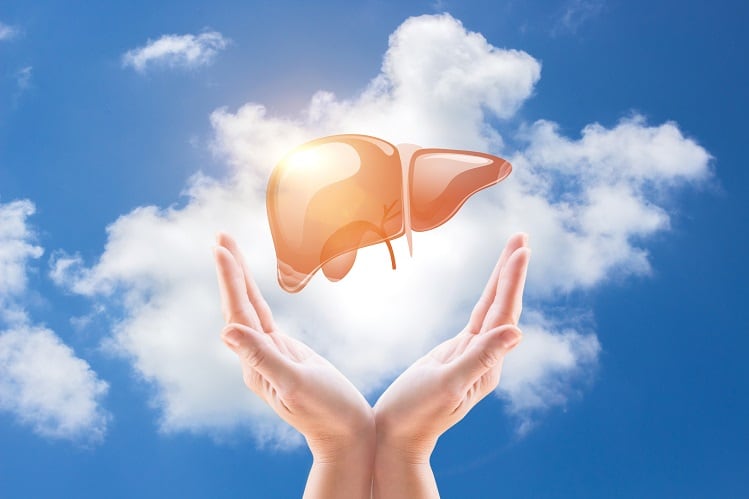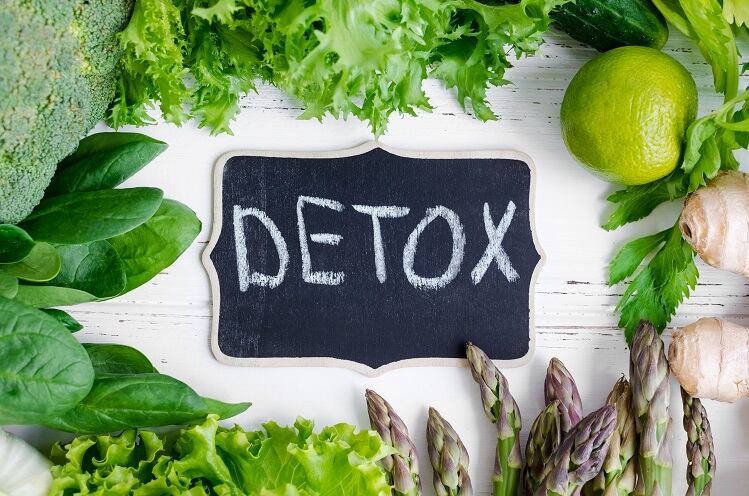The Berlin-based group believe rules designed to govern statements about a products’ health benefits are not as strict as that for medicines and urged consumers to question these advertising claims.
The BPI said that despite entry into force of the Health Claims Ordinance that introduces guidelines for using advertising messages and health-related statements on foods, more must be done.
Unaudited claims
“Only information approved by the European Food Safety Authority (EFSA) is permitted,” claimed Anja Klauke, business unit manager of self-medication at the BPI.
"In reality, however, the health claims on botanicals and preparations remain unaudited, are printed on packaging and can be used in advertising.”
Current EU regulation introduced in 2006 states that health claims in food advertising must be verifiable and substantiated by studies.
However, the European Commission stopped the implementation of this regulation in 2010 for herbal products.
Since the Health Claims Ordinance came into effect 4,637 claims have been submitted for review of health claims. 2,758 of these health claims have been evaluated.
BPI pressure
The BPI have previously campaigned for progress into botanical-related products and improving product messaging to consumers.
At the start of this year, Julia Klöckner, federal minister of food, agriculture and consumer protection echoed the BPI’s comments stating that "Consumers want understandable information on food: understandable and not confusing. Food is still being advertised with botanicals with unasserted statements.”
Dr Kai Joachimsen, chief executive officer of the BPI added, "If the federal government is serious about improving labelling and thus increasing consumer protection, then it must finally push the EU to have all botanicals evaluated by the European Food Safety Authority (EFSA)."
Klauke’s comments coincide with World Consumer Day (15 March) as a means to demand that the rights of all consumers are respected and protected.
The day also marks the opportunity to highlight market abuses and social injustices, which undermine those rights.




